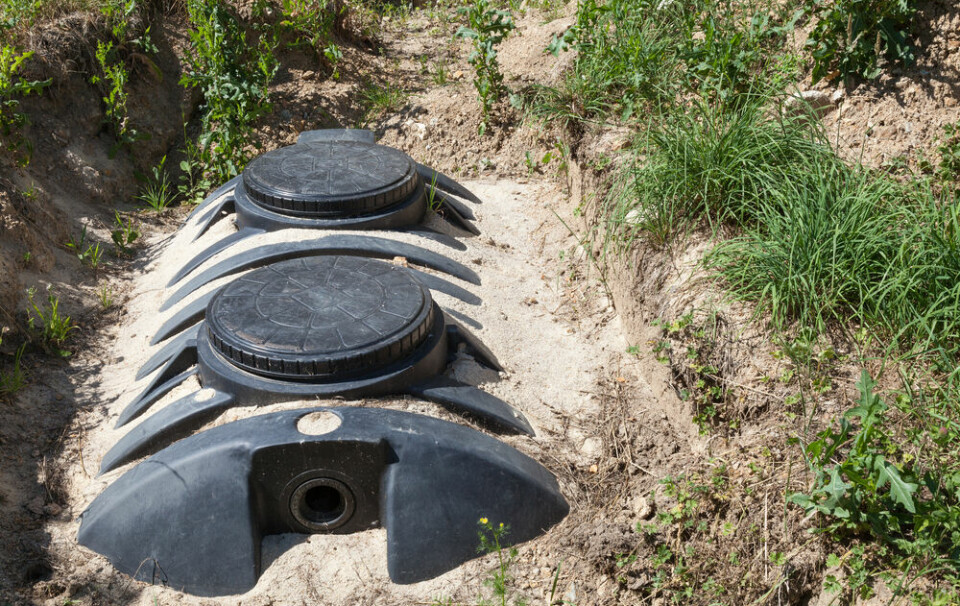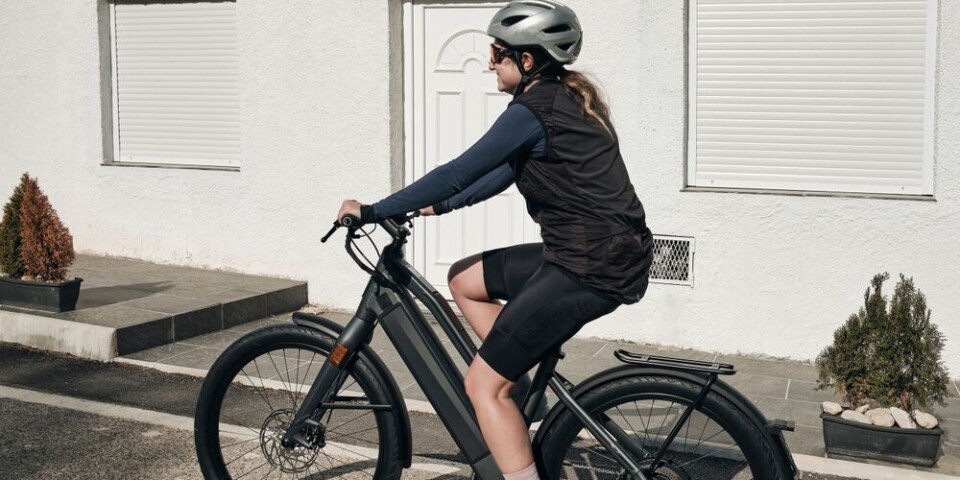-
Conductors on French public transport will soon be able to check your address
Move is part of anti-fraud plans to prevent people from giving false information during fines including on SNCF trains
-
Cheaper but slower… €10 train fare for Paris to Brussels route
Ticket sales are already open for journeys up to the end of March
-
December French rail strike: Less disruption expected than forecast
High-speed services should not be affected during the Christmas season
Travel Toulouse-Montpellier in 20 minutes at 1,200kph
Hi-tech scheme to fill gap in the TGV network

An ultra-high-speed Hyperloop system as promoted by Tesla founder Elon Musk is planned to fill the gap in the TGV network between Toulouse and Montpellier – with speeds at least three times that of a TGV.
The vacuum-tubed Hyperloop link could see shuttles link the cities by 2022 with a 1,200kph service taking just 20minutes and at about two-thirds the cost of a TGV link.
It is part of a global effort to develop Hyperloop vacuum trains with several rival groups competing to perfect the technology and raise funding.
Of the eight around the world, two are looking at France: the French offshoot of Californian company Hyperloop Transportation Technologies (HTT) in Toulouse and Transpod Hyperloop in Toronto, Canada.
HTT has signed a deal with the city of Toulouse – home of the European aerospace industry – to open a test and development centre at the old Francazal military airbase and has leading Airbus structural composites supplier Carbures building the first 40m passenger test capsule in Jerez, Spain.
HTT says it has raised $100million in funding and Toulouse is key as Francazal will develop aerospace technology for the shuttles. Chief executive Dirk Ahlborn says it has a “talent pool of some of the brightest minds in aerospace”.
It is also France’s last major city not to have a TGV link and that also puts it in the sights of rival company Transpod.
However, co-founder Sébastien Gendron feels Toulouse-Paris via Bordeaux could be better value and offer more business for both passenger and freight transport, especially as onward links to Frankfurt and other European cities would cut air travel as part of the Hyperloop’s environmental bonus.
“I see freight as the first main use because testing on humans will be slow and there is demand from food and the e-economy with Amazon, FedEx and DHL deliveries being time-sensitive.”
Transpod is building a 10km test line in Calgary, Canada for trials in 2020. Mr Gendron said: “10,000 lorries drive Toronto-Montréal each day and a two-tube Hyperloop could take 20% off the road – enough to be economically viable. DHL says it will be viable from the first day, perhaps in 2027.”
Backed by $21million in private funds, he said Hyperloop is the future and TGV the past. “Ultra-fast transport can slash infrastructure costs and travel times, especially between Toulouse and Paris and on to Frankfurt. It would match President Macron’s call for innovation.
“A Paris-Frankfurt TGV line would cost €11.5billion with a travel time of two hours. Hyperloop costs €8.3bn and the journey takes 35min with 10min to speed up and slow down and passengers feeling no more speed effect than in the Métro.”
Stay informed:
Sign up to our free weekly e-newsletter
Subscribe to access all our online articles and receive our printed monthly newspaper The Connexion at your home. News analysis, features and practical help for English-speakers in France























